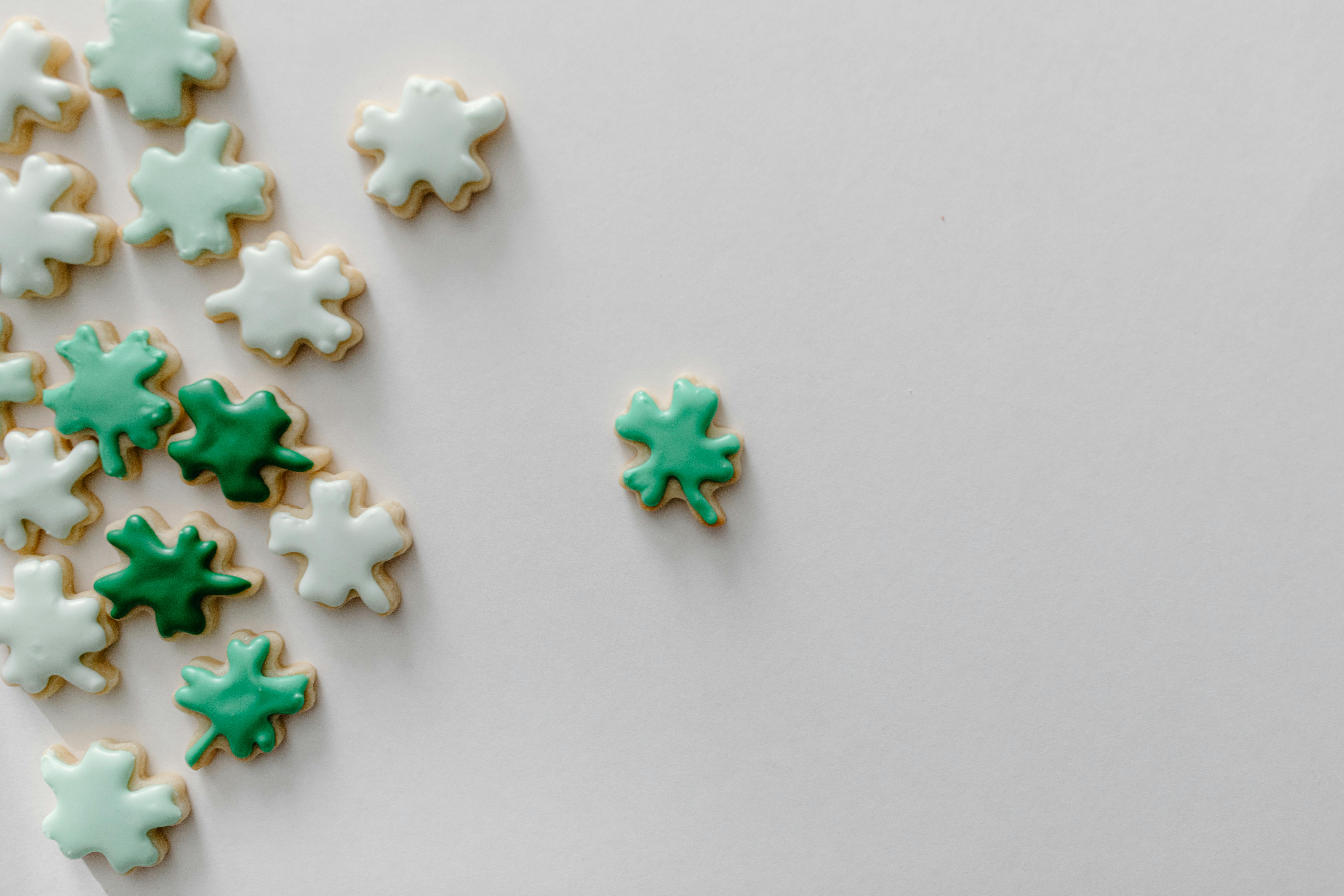I always see mothers choosing milk in supermarkets. At the same time, their babies are sitting in the shopping cart. I realize that many babies have rashes on their faces. Actually, these babies are allergic to milk. Doctors tell us that babies should not drink milk often.
First of all, many people, especially babies, are allergic to milk protein. Protein is generally considered a strength of milk. It is useful for our health. Unfortunately, many babies are not fit to drink milk. Babies’ intestines and stomachs are not mature enough. When too much protein enters their bodies, they feel sick. More specifically, the protein would break down and produce toxins in the intestines. Meanwhile, the remaining protein, allergens and toxins would enter the blood vessels and cause many serious diseases. For example, some babies have dermatitis or a cold. More seriously, some babies would get intoxicated and even suffer from diseases such as tympanitis, diarrhea, stomach ache or corpuscle. Milk is reported to top the list of food allergies.
Second, 90% of adults have a condition called lactose intolerance. In other words, most adults need enzymes to digest milk. When lactose is combined with casein in babies, the milk can be digested by a certain combination of lactose and clabber. But when teeth start to come in, babies can’t produce that combination.
Third, the protein in milk is larger and denser than that in breast milk. As we know, there is almost 82% casein in milk. This casein, while nutritious, is difficult to digest in the immature intestines and stomachs of babies. As a result, some babies would have dyspepsia and diarrhea. Milk never gives oxen any trouble because they have four stomachs.
Fourth, the protein structure in milk is quite different from that in breast milk. The 82% casein helps with weight gain, but plays little role in brain development. As a result, milk-drinking babies are heavier and seemingly stronger, while breast-fed babies are strong and flexible.
In addition, the albumin content in milk is much lower than in breast milk. Scientists are of the opinion that albumin is helpful in brain growth and improves the immune system. It is essential in the development of babies. Also, a high amount of taurine and lecithin would accelerate brain growth. Comparatively, milk lacks these types of nutrients.
In a word, milk is not so good for babies. If breast milk is not available, goat milk is preferred because it is more similar to breast milk. And it is not easy to cause allergy. Also, the protein it contains is much smaller and easier to digest.
